Iran, Saudi Arabia Reportedly in Contact, Despite Official Saudi Denial
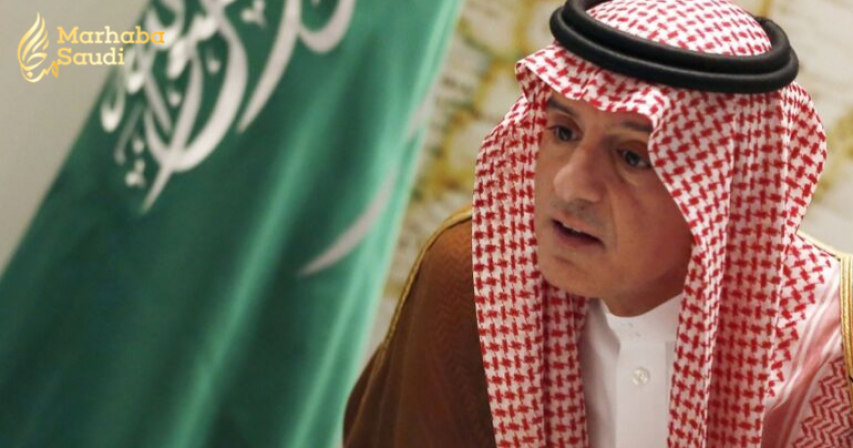
CAIRO - Iran and Saudi Arabia are reportedly in contact following a destructive drone attack on a Saudi oil refinery, despite denials from Riyadh.
Iranian Parliament Speaker Ali Larijani told al-Jazeera TV on Tuesday that Tehran "welcomes any negotiations with Saudi Arabia ... because talks with Riyadh can resolve many regional problems and issues." Iran's government spokesman Ali Rabiei told journalists that Tehran "has received an indirect message from Riyadh from the leader of another country," but he refused to say which one.
Riyadh's minister of state for foreign affairs, Adel Jubeir, countered those claims in a series of tweets Wednesday, saying "it is not correct that Saudi Arabia sent a message to Tehran, but that the leader of a friendly country sought to calm the situation and Riyadh told him that its position has always been to seek security and stability in the region."
FILE - Iraqi Prime Minister Adel Abdul Mahdi speaks to the media during a joint news conference with Turkish President Recep Tayyip Erdogan, in Ankara, Turkey, May 15, 2019.
In separate tweets, Jubeir also called on Tehran to "stop supporting terrorism and chaos in the region," and stop "interfering in the internal affairs of Arab states." He went on to question why Iran should have a place in negotiations over Yemen, which he called "an internal Yemeni affair."
Despite the official Saudi denial, Iraqi Prime Minister Adel Abdul Mahdi told journalists recently that Baghdad has "good relations with all the countries that are fighting among themselves." He also indicated that he was trying to facilitate discussions between Tehran and Riyadh, adding that while it is easy to start a war, it is difficult to stop one.
Washington-based Gulf analyst Theodore Karasik told VOA that "there appears to have been a number of attempts to back-channel with Iran by the Saudis via Iraq, Oman, France and other countries in the wake of the Iranian Revolutionary Guard's [missile and drone strikes] on Saudi Aramco oil facilities."
But, he added, "this effort may fall on deaf ears in the wake of Adel Jubeir's comments that Iran 'continues to be a terrorist supporter,' in addition to 'continuing with its ballistic missile program,' as well as the 'pursuit of a nuclear program.'"
Despite the "apparent difficulty in coming to any kind of agreement," Karasik stressed that, "there has been a momentary respite from any kind of kinetic activity."
Former Iranian president Abolhassan Bani Sadr told VOA that Iran is "divided between three factions, each of which is vacillating on the current tensions in the Gulf region."
He said that Iran's hard-line faction, led by Supreme Leader Ayatollah Ali Khamenei's son, Mujtaba, believes that it is useful to take advantage of the current tensions to put Tehran in a better bargaining position with the U.S. The moderate faction, he added, seeks negotiations above all, in order to stop the deterioration of the Iranian economy. A third faction, he noted, changes sides depending on "which way the wind is blowing."
Bani Sadr argued that Saudi Crown Prince Mohammed Bin Salman is "in a weak position, since he's not able to militarily retaliate against Tehran [for the recent strikes on Saudi oil facilities], because of [the Trump administration's] desire not to go to war with Iran." Bin Salman "has decided to take the only route open to him, which is to negotiate."
"The prime ministers of both Iraq and Pakistan have admitted to carrying messages between Riyadh and Tehran," he added.
Dr. Paul Sullivan, a professor at the U.S. National Defense University, told VOA that "any help to reduce tensions in the region and still save face would be welcome." Pointing to Jubeir's denial that talks between Riyadh and Tehran are taking place, he noted that it is "understandable that the parties would not want such negotiations to be public. Some diplomacy is best kept quiet."
In a possible sign of goodwill, Yemen's Iranian-backed Houthi militia recently released several hundred mostly Yemeni prisoners who had been fighting for the Saudi-led coalition.
/ Source: https://www.voanews.com
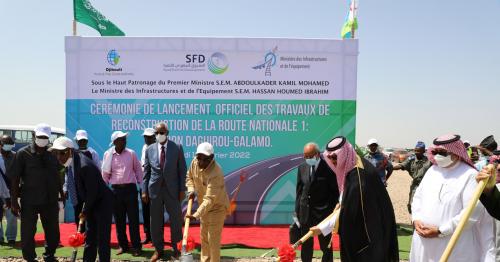
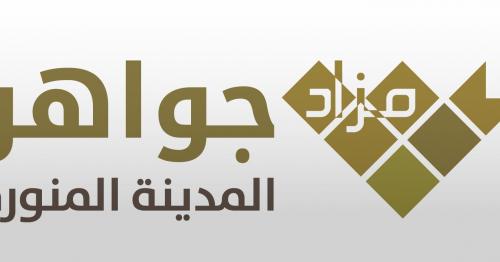
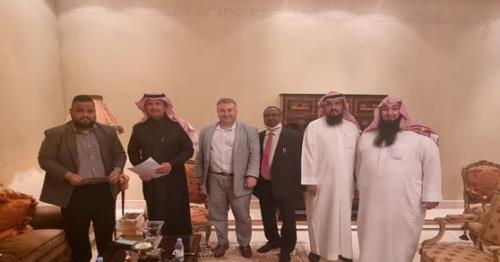
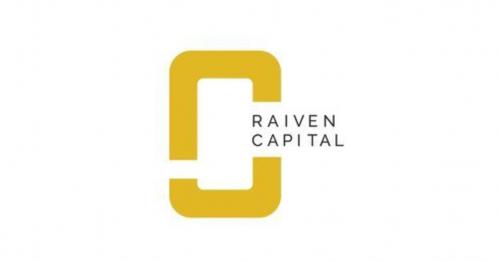

Comments